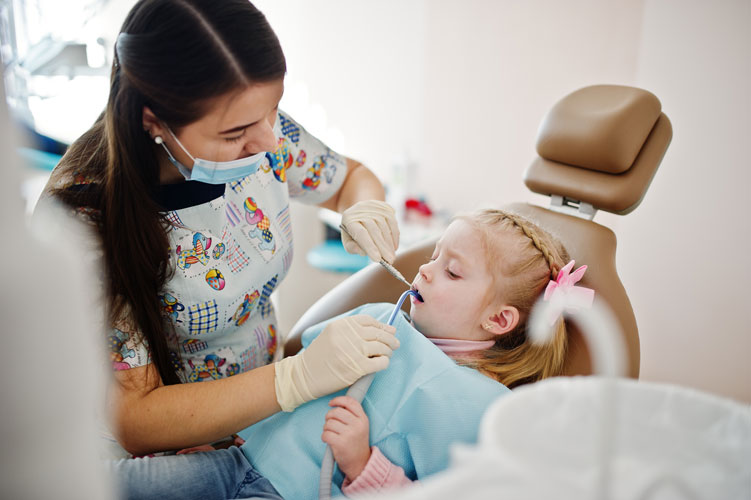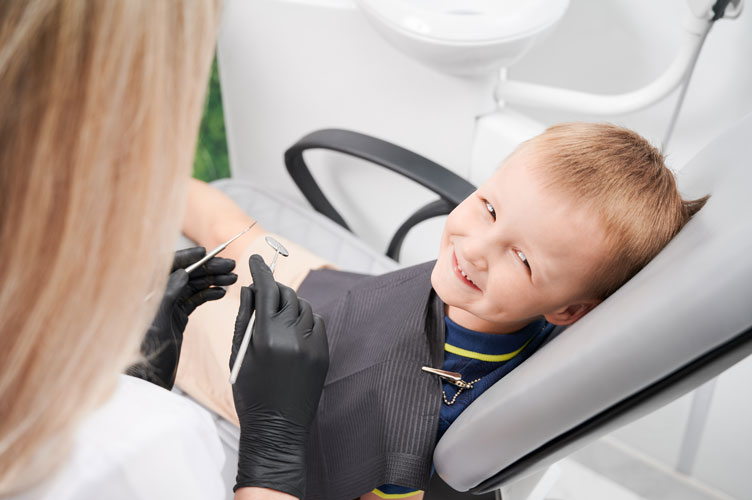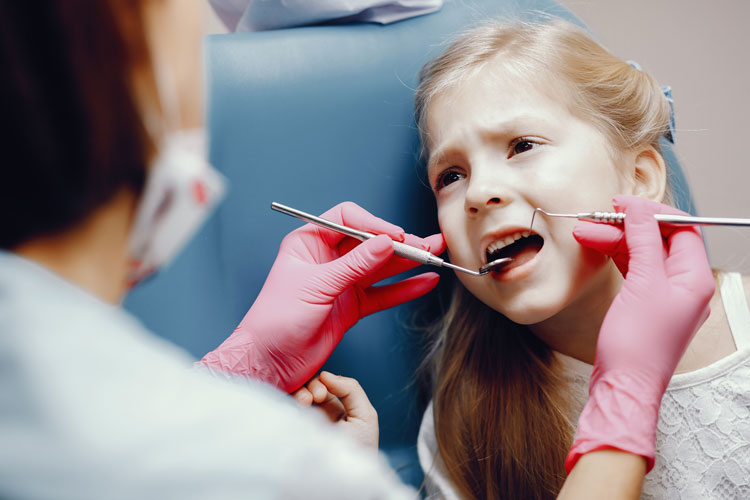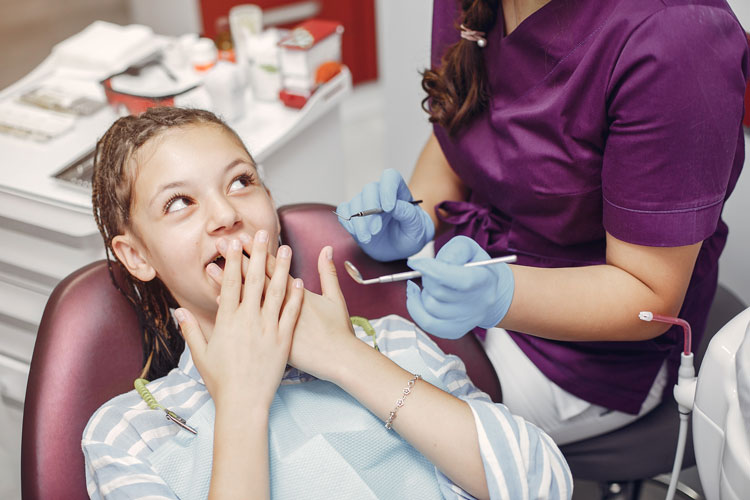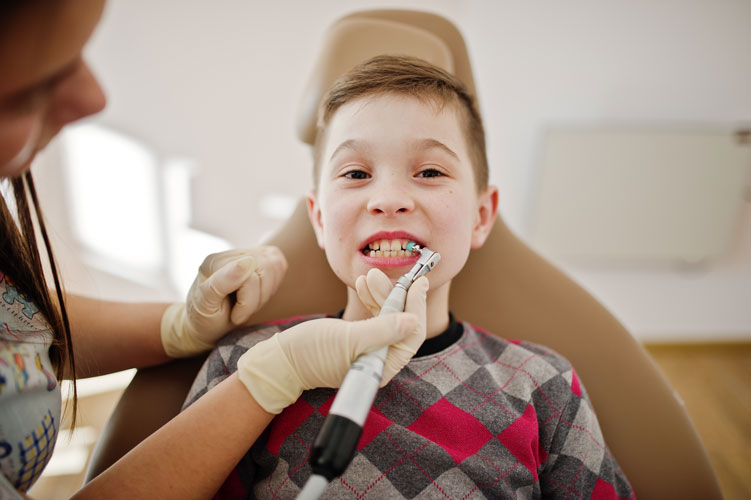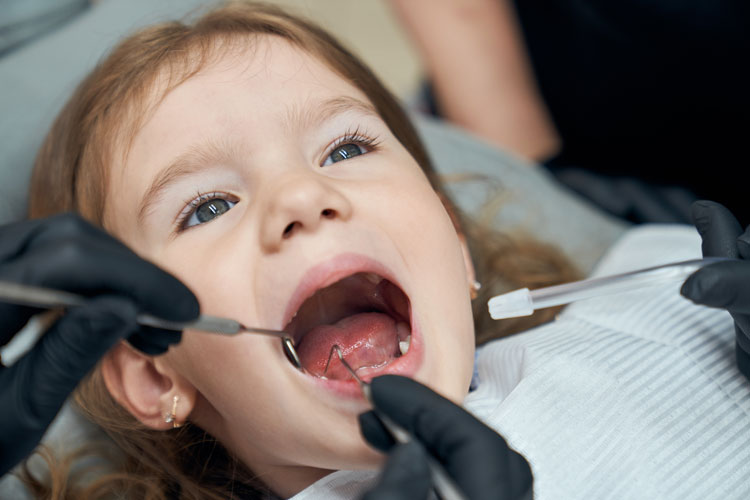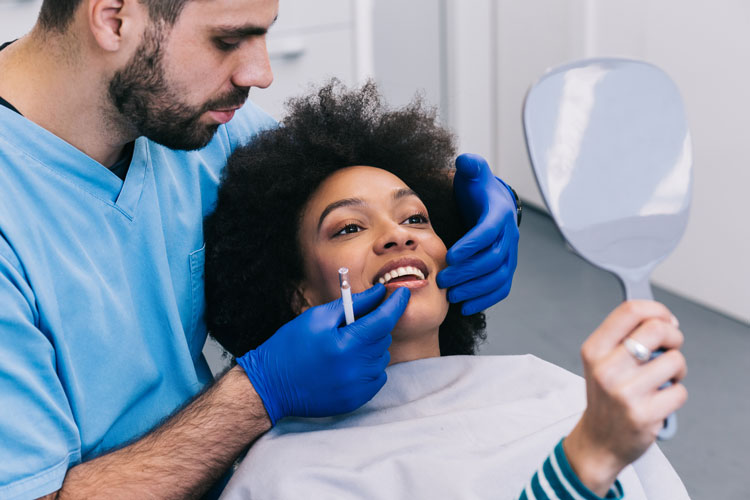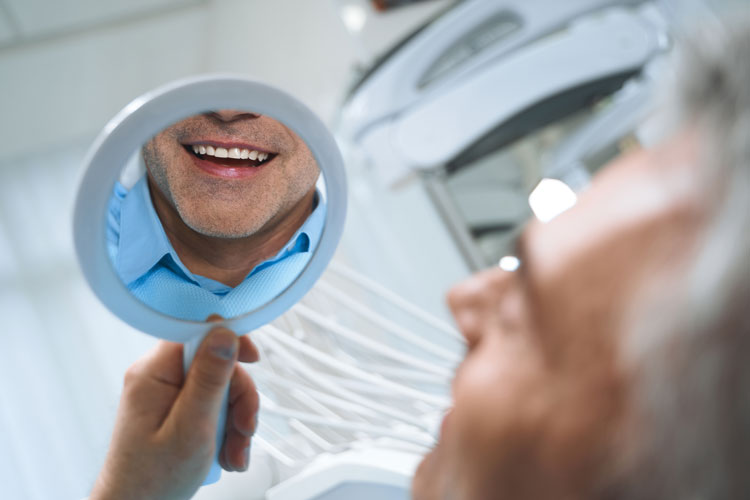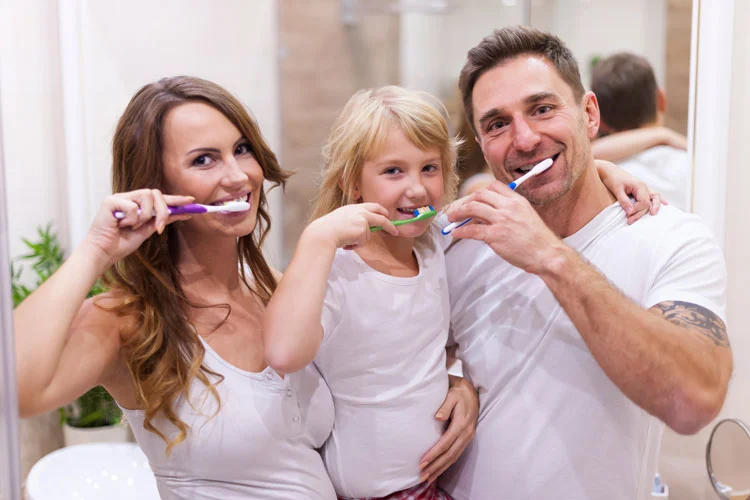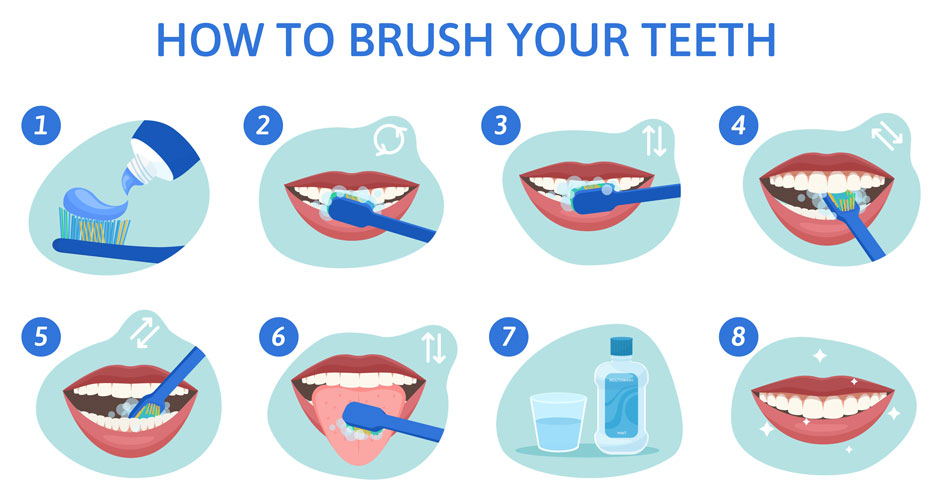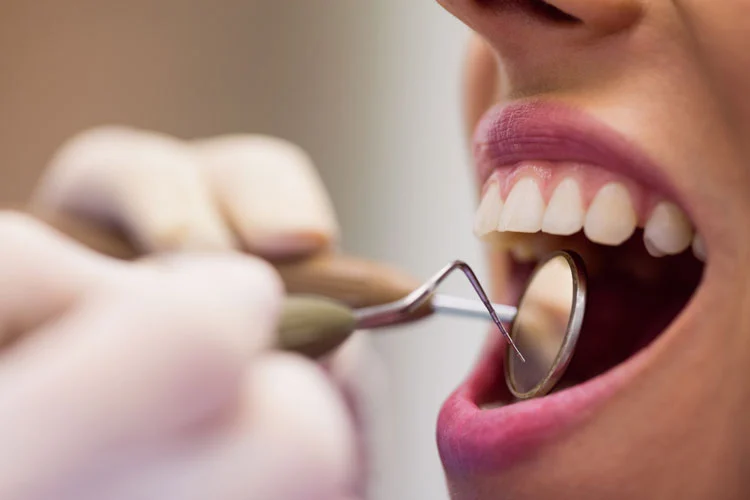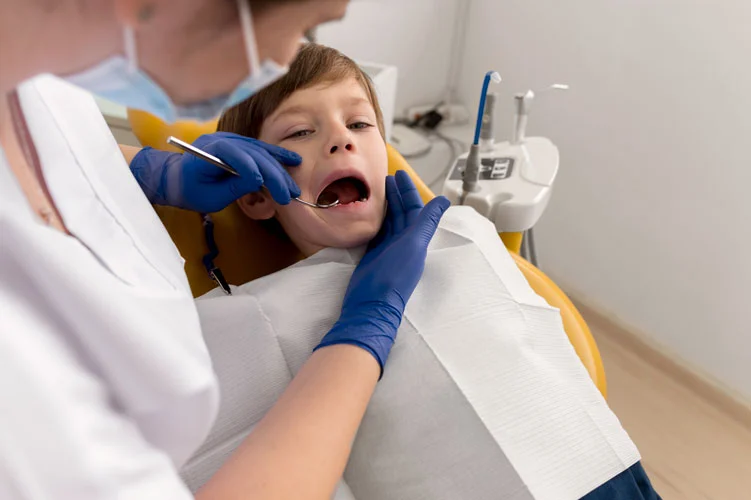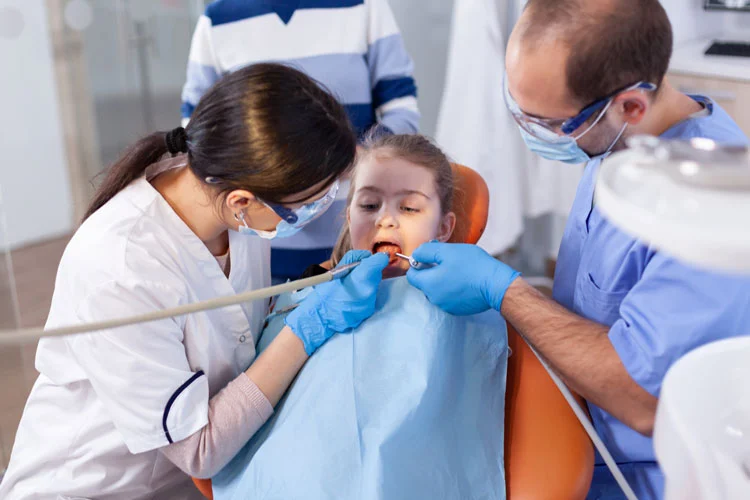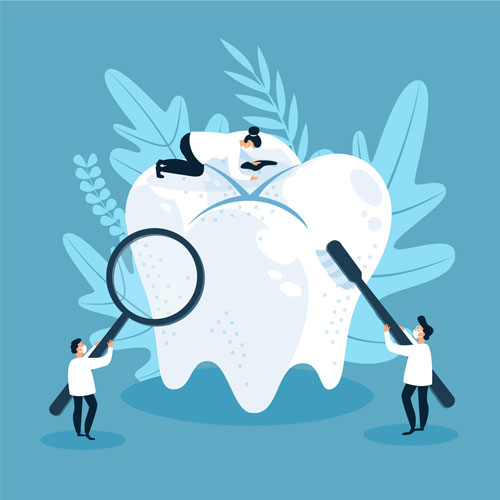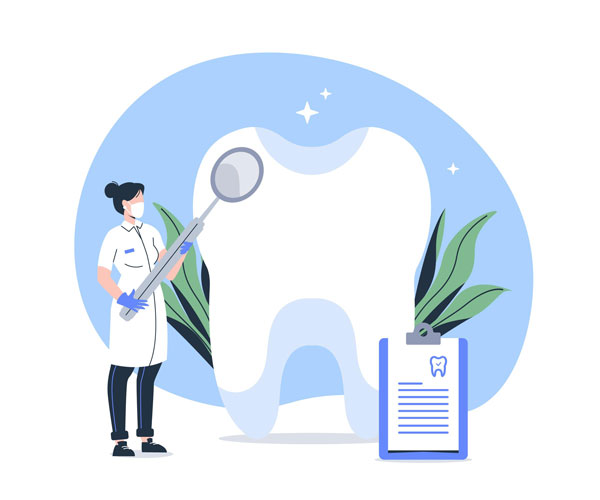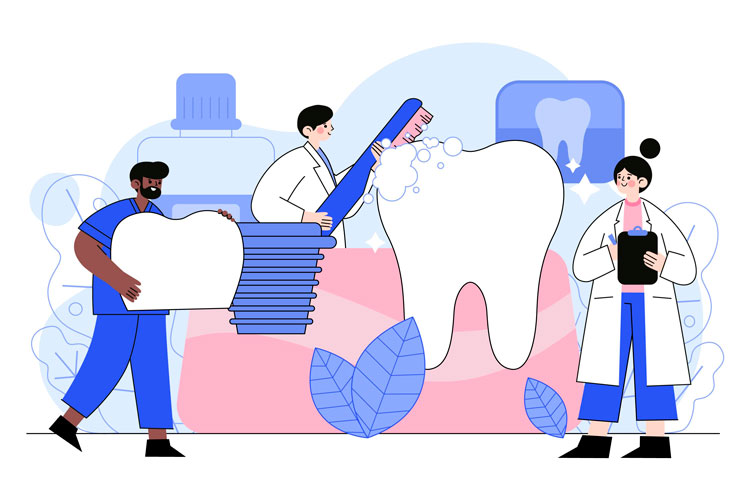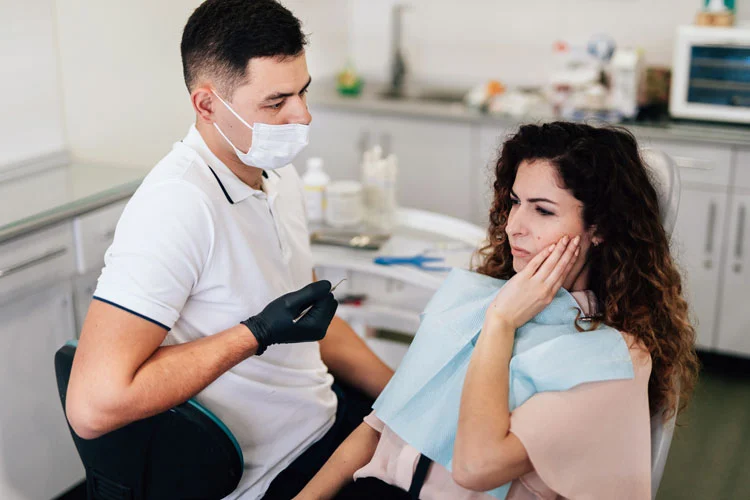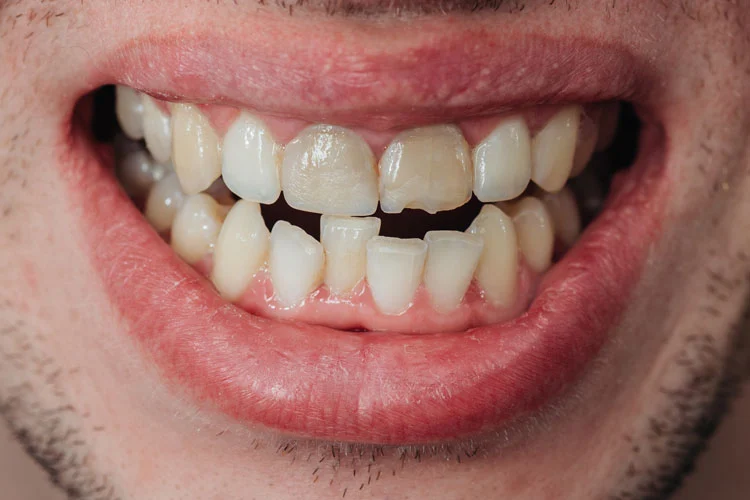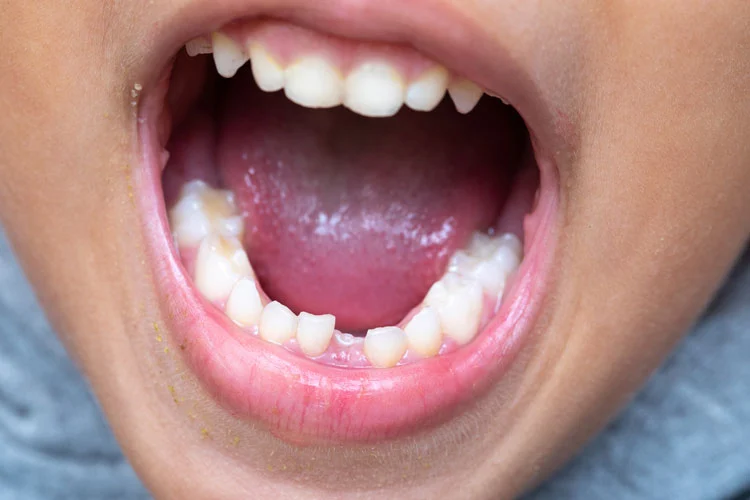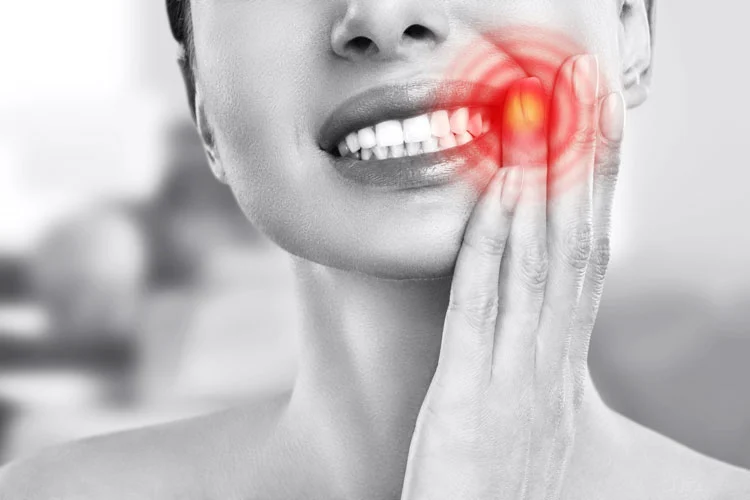How Long Does Dental Bonding Last?
Sometimes fixing dental issues such as cracks and cavities isn’t enough. Our teeth have natural discoloration or gaps that we prefer to remedy if possible. With dental bonding, it is possible to get a beautiful smile with dental material that matches the color and look of your natural teeth.
But how long does dental bonding last?
The simple answer to this question depends on the type of bonding and care given.
The family-owned and operated practice of Drs. Dalesandro, Derickson, and Weege, can help you understand dental bonding options. Contact Tucson’s reliable cosmetic dentist for a free consultation today at 520-327-5993.
What Is Dental Bonding?
Dental bonding is a cosmetic, in-office procedure where composite or adhesive materials repair tooth damage, unsightly gaps, or discoloration. The bonding procedure varies depending on whether you choose adhesive or composite bonding.
Adhesive Bonding
Adhesive bonding occurs in conjunction with other dental procedures such as placing veneers, bridges, and crowns. Because they are in addition to other dental work, tougher materials such as porcelain make up the bond, which requires making a mold. The existing teeth then attach to the bonded teeth and secure using an intense beam of light.
This process occurs during two visits with the dentist, but once complete, it typically lasts longer and is more durable than composite tooth bonding.
Composite Bonding
Composite bonding involves bonding tooth-colored composite materials directly to the teeth. The sculpted, dried, and polished material matches your existing teeth. The composite material bonds to the tooth, making it the new tooth.
Because composite bonding attaches directly to the tooth rather than a mold cast, the bonding can require one dental visit for completion. As a result, it is faster and less expensive but not as durable or long-lasting. A composite bond lasts seven to ten years compared to adhesive bonding, which can last nearly 20 years.
How Long Does Dental Bonding Last?
The lifespan of dental bonding varies based on several factors, such as the location of the bonding in the mouth, the patient’s oral hygiene habits, and the types of foods and drinks they consume. On average, dental bonding can last anywhere from 3 to 10 years, but it can last even longer with proper care. To extend the lifespan of dental bonding, it’s important to avoid bad habits such as biting or chewing on hard objects, wearing a mouth guard at night if necessary, and attending regular dental check-ups and cleanings.
Caring for Dental Bonding
Whether you choose adhesive or composite bonding, the key to a long-lasting bond is care and oral hygiene. Enhanced oral hygiene is necessary to prevent discoloration and strengthen the bond.
Avoid coffee, sodas, and tea, which leave stains on the bonding materials. Regular dental care and checkups ensure the bond continues to hold.
It is necessary to avoid excessively hard or chewy foods that could damage the structure of the bond. It is also essential to avoid naturally bad habits such as biting pencils or fingernails. These may seem like little things, but even the smallest hard particle can crack or damage the bond.
Drs. Dalesandro, Derickson, and Weege
Dental bonding is just one option to correct minor tooth damage or enhance your smile. If you are wondering how long dental bonding lasts or want to learn more about restorative dentistry, visit the offices of Drs. Dalesandro, Derickson, and Weege for a free consultation, or call us directly at 520-327-5993. We will help you achieve your ideal smile.

